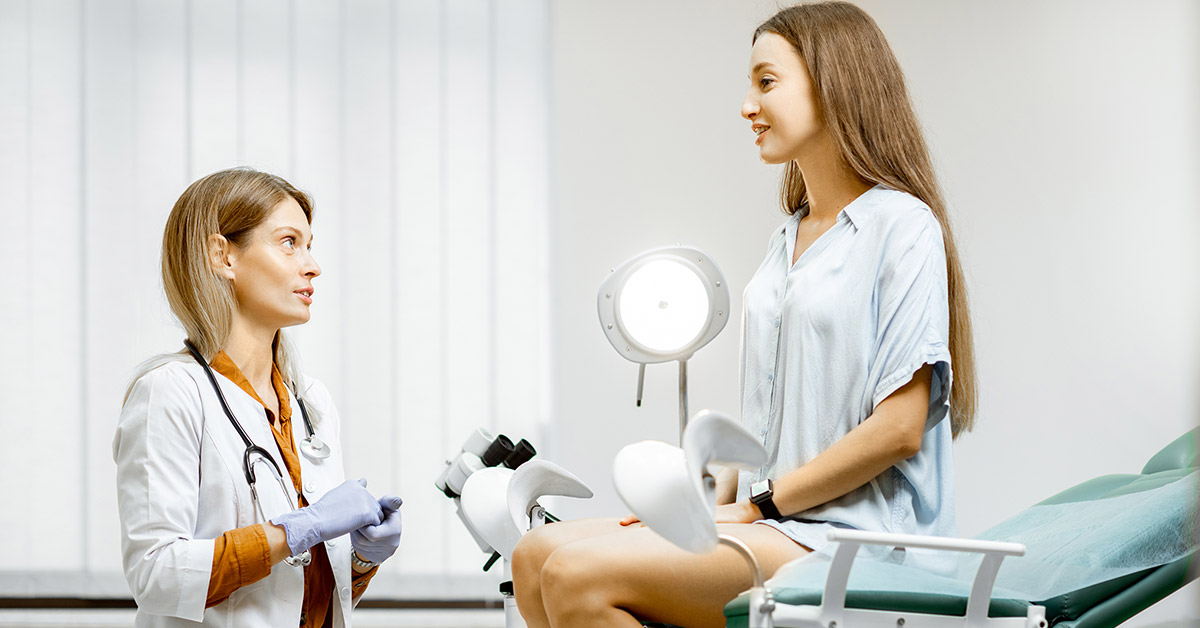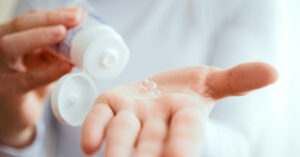What Causes Vaginal Dryness? Symptoms, Diagnosis & Treatment
Vaginal dryness and itching are common complaints in gynecological clinics. This condition is characterized by a lack of natural lubrication in the vaginal mucosal lining. Many women experience this, and it affects their quality of life. This painful and discomforting disorder usually occurs due to reduced levels of the hormone, estrogen and is mostly common in postmenopausal women, although it can occur at any age.
Causes of Vaginal Dryness
The causes of vaginal dryness may be physiological or pathological.
1. Physiological Causes
These are innate causes that result from reduced estrogen hormone levels in the body. This is commonly seen in postmenopausal women during pregnancy and breastfeeding. It is also seen when there is inadequate sexual arousal during intercourse.
2. Pathological Causes
These are causes or conditions outside the body that result in vaginal dryness. They include:
- Medications e.g. contraceptive pills, anti-histamines, antidepressants, and chemotherapeutic drugs.
- Cancer treatments that damage the ovaries and reduce estrogen levels e.g chemotherapy, radiotherapy, hormonal therapy
- Autoimmune conditions like Sjogren’s syndrome
- Medical conditions like diabetes mellitus
- Cigarette smoking (because of its anti-oestrogenic effect)
- Vulvovaginitis caused by infections such as yeast infection or bacterial vaginosis
- Surgical removal of the uterus and/or ovaries
- Allergies; some women may be allergic to cold weather, perfumes, soaps and douching, all of which can cause vaginal dryness.
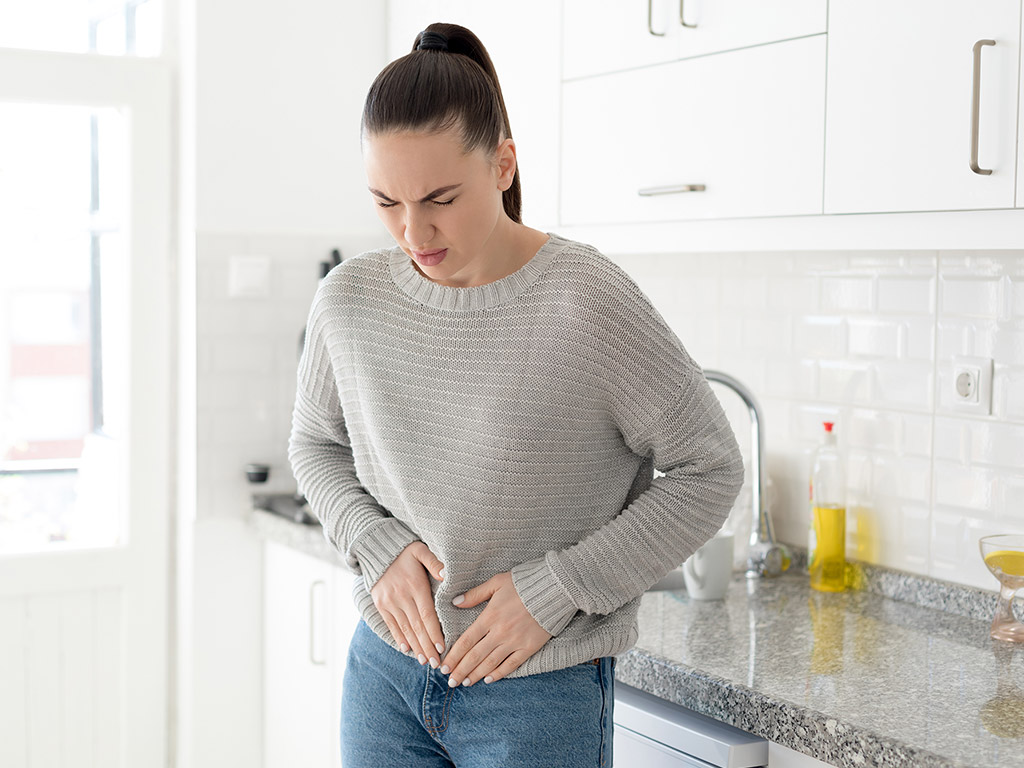
Vaginal Dryness Symptoms
A dry vagina may present with the following symptoms
- Itchy vulva/vagina
- Burning sensation in the vagina
- Pain and discomfort during sex, leading to less pleasurable sexual intercourse
- Post-coital bleeding
- Painful urination
- Recurrent urinary tract infections
- Abnormal, thin and watery vaginal discharge
- Vaginal bleeding and spotting
- Recurrent vaginal infections
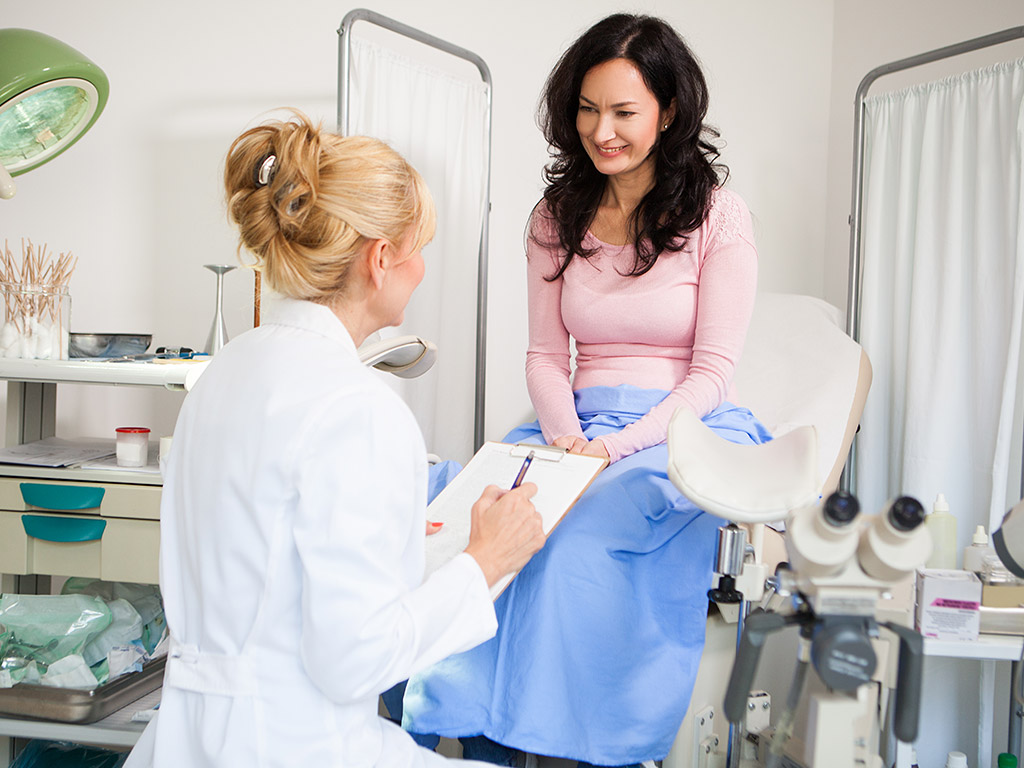
Diagnosis of Vaginal Dryness
Vaginal dryness can be diagnosed by taking a pelvic examination and other ancillary investigations.
- History Taking: this involves evaluating for possible causes and symptoms of vaginal dryness in patients
- Pelvic Examination: this involves examining the vulva, vagina, cervix and uterus, looking for signs suggestive of dryness, inflammation or infection
- Vaginal pH Testing: this is done to see if the vaginal secretions are acidic, neutral or alkaline and is a pointer to possible vaginal infections
- Hormonal Assay Test: this helps assess estrogen levels in the body, as low estrogen levels are the most common etiology of vaginal dryness.
- Swab Test: a high vaginal or endocervical swab may be done to look for possible infectious causes of vaginal dryness.
- A urinalysis may also be done to reveal if there are any features of urinary tract infection.
What Helps with Vaginal Dryness?
Vaginal Dryness Treatments
There are several options on how to treat vaginal dryness. These include:
1. Hormonal Options
These involve using agents or an estrogen cream for vaginal dryness that helps replace low estrogen levels in the body. Estrogen helps improve vaginal tissue moisture, thickness and elasticity. Estrogen-containing pills, creams or even vaginal rings can be used. Selective Estrogen receptor modulators, e.g. Ospemifene and Dehydroepiandrosterone (DHEA), which both act like estrogen, can be used.
2. Non-Hormonal Options
This treatment option involves using a vaginal moisturizer or lubricant, which helps reduce vaginal dryness, especially during sexual intercourse. Some examples include K-Y jelly, Liquibeads and Replens.
3. Lifestyle Modifications
Certain lifestyle changes may help treat vaginal dryness, such as reducing or avoiding alcohol and tobacco consumption which are potential anti-estrogens and avoiding irritants such as perfumes and creams around the vagina.
4. Alternative Therapy
Some alternative therapy options have been suggested. However, most of them have no scientific backing. Options such as Yoga, acupuncture, herbal supplementation and various relaxation and meditation techniques have been proposed to improve vaginal dryness.
5. Minimally-Invasive Options
For menopausal women, and in some instances, especially when other treatment options have failed, surgery may be recommended to help improve vaginal dryness. Surgical vaginal rejuvenation and laser therapy are effective options used for this.
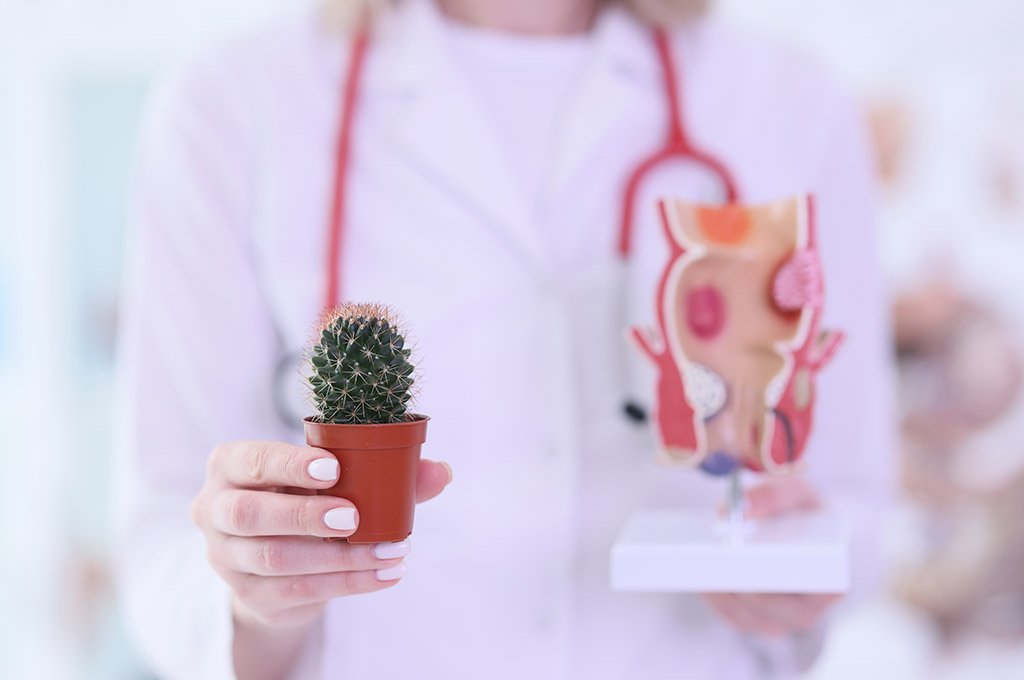
Natural Remedies for Vaginal Dryness
Several articles on the web on natural or home remedies claim to help improve vaginal dryness. Some of these remedies include;
- Oils: Various oils have been used in the management of vaginal dryness. Common examples include coconut, primrose, vitamin E, olive, and Jojoba oil
- These oils contain various fatty acids, vitamins, minerals and antioxidants.
- Aloe vera: this contains various vitamins that are rich in anti-inflammatory and anti-bacterial properties. It is considered to be one of the best natural remedies for managing vaginal dryness, especially in postmenopausal women.
- Yogurt: this contains lactobacilli that help in maintaining the pH levels of the vagina and warding off possible infectious causes of vaginal dryness
- Black cohosh: this herb is from a flowering plant named Actaea racemosa. It contains various phytoestrogens, glycosides and fatty acids that help improve vaginal dryness and other menopausal symptoms.
- Diet: a diet rich in phytoestrogens and omega-three fatty acids will help raise the estrogen level within the body and thus help ease symptoms of vaginal dryness. These foods include tuna, sesame seeds, soya, flaxseeds, carrots, barley, cherries, and licorice roots.

How to Prevent Vaginal Dryness
Listed below are several lifestyle modifications that help women prevent vaginal dryness.
- Wearing cotton instead of synthetic underwear helps the vagina breathe and prevent desiccation and dryness.
- Safe sex practices such as abstinence and barrier contraception will help reduce various forms of vaginal infections that have been implicated as a cause of vaginal dryness
- Avoid douching and using potential irritants such as perfumes, lotions and creams around the genitalia.
- Kegels exercise has been proven to strengthen the pelvic musculature and improve elasticity leading to an improvement in vaginal dryness
Vaginal dryness may not be considered a life-threatening ailment, and as such many women may not seek care for this condition, which can adversely impact their quality of life. However, women should be educated and encouraged to seek care for this condition as there are various options of management that can help alleviate or relieve this complaint.
For any information on vaginal rejuvenation procedures — surgical, minimally invasive and non-invasive we recommend you schedule a personal consultation.

